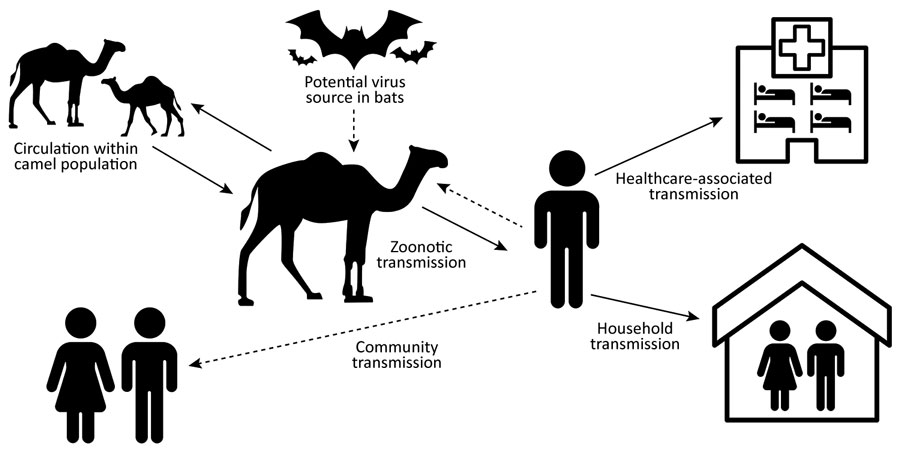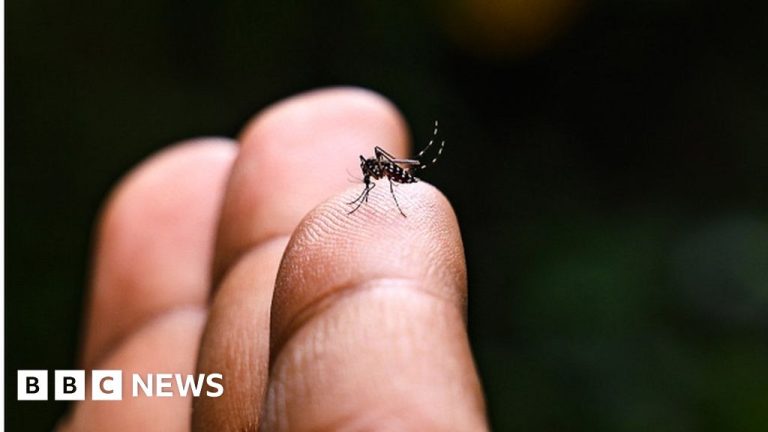
Introduction to MERS and Recent Developments in Saudi Arabia
Middle East Respiratory Syndrome (MERS) is a viral respiratory illness caused by the MERS coronavirus (MERS-CoV). Recently, Saudi Arabia reported 9 new cases of MERS, raising concerns about the virus’s spread. The Centers for Disease Control and Prevention (CDC) has issued a warning, advising people to avoid riding dromedary camels, which are known to carry the virus. This development is significant as MERS has a high fatality rate, with about 30-40% of reported cases resulting in death. Understanding how the virus spreads and how to prevent it is crucial for public health, especially for travelers and healthcare workers.
Understanding MERS-CoV and Its Transmission
MERS-CoV is a coronavirus, a family of viruses that includes SARS and COVID-19. It primarily spreads from camels to humans through direct physical contact, such as touching or grooming the animals. The virus can also spread between people through respiratory secretions, like saliva or mucus. The largest outbreak of MERS outside the Arabian Peninsula occurred in South Korea in 2015, linked to a traveler returning from the region. Healthcare settings are particularly vulnerable to MERS transmission, as close contact with infected individuals can lead to rapid spread. Researchers are studying clusters of cases to better understand how the virus behaves and to improve prevention strategies.
Signs, Symptoms, and Diagnosis of MERS
Common symptoms of MERS include fever, cough, and shortness of breath. Some people may also experience diarrhea, nausea, or vomiting. Symptoms typically appear 5-6 days after exposure but can range from 2 to 14 days. In severe cases, MERS can lead to respiratory failure and death. Diagnosis involves laboratory tests to detect the virus. Early detection is critical for managing the illness and preventing its spread. State health departments play a key role in reporting and managing MERS cases, often coordinating with the CDC for testing and guidance.
Risk Factors and Prevention Strategies
People at higher risk for MERS include those who have recently traveled to the Arabian Peninsula or had direct contact with camels. Healthcare workers and individuals in close contact with infected people are also at risk. The CDC advises against riding dromedary camels and recommends practicing good hygiene, such as washing hands frequently. In healthcare settings, wearing personal protective equipment (PPE) is essential to prevent transmission. Public health education and ongoing research into vaccines and treatments are vital for controlling the spread of MERS.
Treatment and Management of MERS
There is no specific antiviral treatment for MERS. Management focuses on supportive care, including oxygen therapy and mechanical ventilation for severe cases. Early intervention and close monitoring are crucial for improving outcomes. Healthcare providers must follow strict infection control measures to prevent the virus from spreading within hospitals. Isolation of infected individuals and proper use of PPE are key to reducing the risk of transmission. Despite these efforts, the high fatality rate of MERS highlights the need for continued research into effective treatments.
CDC Guidelines and Public Health Response
The CDC provides guidelines for travelers to the Arabian Peninsula, emphasizing the importance of avoiding contact with camels and practicing good hygiene. The agency monitors MERS cases in the U.S. and supports state health departments in managing outbreaks. The CDC’s Emergency Operations Center is available to assist with testing and reporting of suspected cases. Public health surveillance and international collaboration are essential for tracking and controlling MERS outbreaks.
Conclusion and Future Outlook
The recent MERS cases in Saudi Arabia and the CDC’s warning highlight the ongoing challenges of managing this deadly virus. Continued research into MERS-CoV, along with public health education, is crucial for preventing its spread. While there is no specific treatment or vaccine yet, early detection and strict infection control measures can help reduce the impact of MERS. Staying informed and following public health guidelines are key to protecting yourself and others from this and other emerging infectious diseases.












